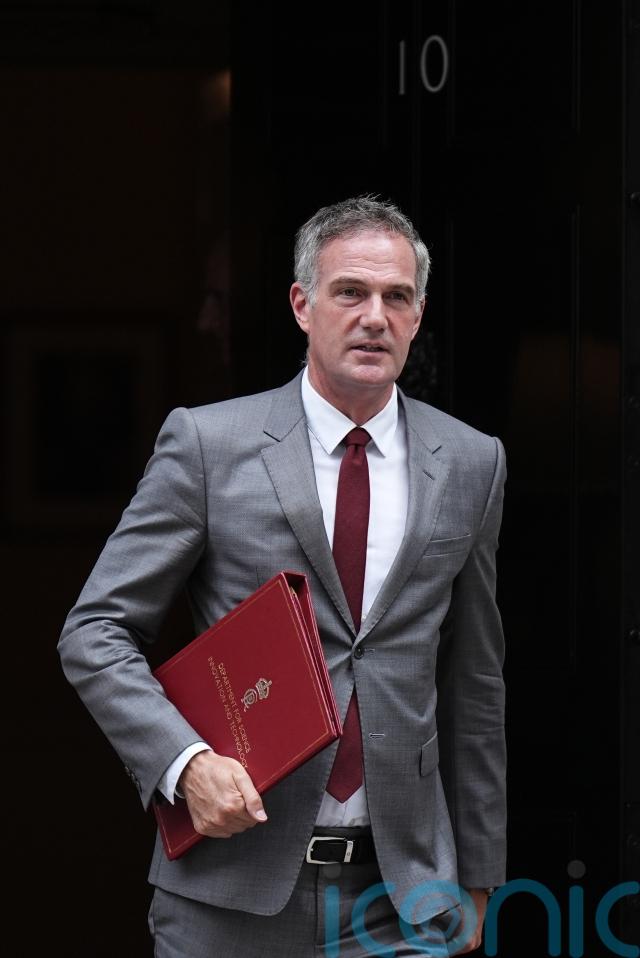
The chief executive of the UK’s leading AI institute has stepped down following reports of unrest among staff and fears it could collapse.
Dr Jean Innes publicly announced she was stepping back as chief executive of the Alan Turing Institute (ATI) on Thursday and said “a new chapter (is) starting for the Institute”.
Staff at the Government-backed charity last month complained to regulators that it is in danger of collapse, fearing £100 million of public funding could be withdrawn.
This came after Technology Secretary Peter Kyle demanded the ATI start focusing on defence and security work and said its “longer-term funding arrangement” could be reviewed, according to reports.
ATI is now seeking a new chief executive who will oversee its next phase that “will see it step up its work on defence, national security and sovereign capabilities”.
It added: “This includes working with defence and security partners to identify specific areas of focus and exploring adding additional defence and security expertise to the Institute’s senior leadership team and at board level.”
Following Dr Innes’s resignation, Doug Gurr, ATI’s chairman, said in a statement: “With £100 million of core funding allocated last year, a newly focused approach to science and innovation and the operational restructure due to complete this autumn, I and the board would like to thank Jean for her major contribution, ensuring the national institute’s priorities are streamlined and focused on delivering real-world impact in priority areas for the UK.”

Staff reportedly raised concerns about internal governance and culture at ATI in their complaint to the Charity Commission in August, as well as fears it would lose funding.
According to reports, the complaint said: “These concerns are so significant that many staff now believe the institute’s charitable status and public credibility are at risk”.
In his letter to ATI, reported by the Guardian, Mr Kyle wrote: “Moving forward, defence and national security projects should form a core of ATI’s activities, and relationships with the UK’s security, defence and intelligence communities should be strengthened accordingly”.
It added: “To realise this vision, it is imperative that the ATI’s leadership reflects the institute’s reformed focus.
“Careful consideration should be given to the importance of an executive team who possesses a relevant background and sector knowledge to lead this transition.”
Mr Gurr summarised ATI’s response in July, saying: “We confirmed to the Secretary of State that the Turing will step up its work on defence, national security and sovereign capabilities.
“At this time of national need, it is our duty as the UK’s national AI and data science institute to use our unique capabilities to protect the country and help the UK to remain at the forefront of this technological revolution.”
In a statement released with her resignation, Dr Innes said: “It has been a great honour to lead the UK’s national institute for data science and artificial intelligence, implementing a new strategy and overseeing significant organisational transformation.
“With that work concluding, and a new chapter starting for the Institute, now is the right time for new leadership and I am excited about what it will achieve.”
A Department for Science, Innovation and Technology (DSIT) spokesperson said: “The Technology Secretary has been clear on the need for the Institute to deliver value for money and maximum impact for taxpayers, and we will continue our work to support that ambition.”
Subscribe or register today to discover more from DonegalLive.ie
Buy the e-paper of the Donegal Democrat, Donegal People's Press, Donegal Post and Inish Times here for instant access to Donegal's premier news titles.
Keep up with the latest news from Donegal with our daily newsletter featuring the most important stories of the day delivered to your inbox every evening at 5pm.